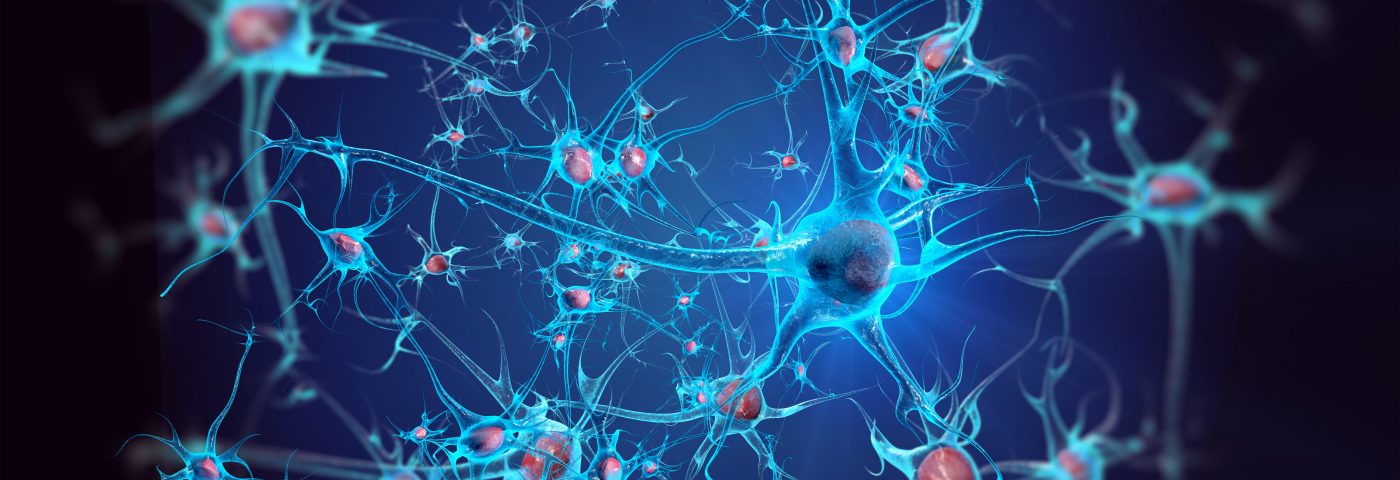Researchers have discovered that a certain molecule responsible for communication between the brain and muscles, is also important for neuron to neuron communications. The finding could shed light on how dysfunction of the mechanism is related to neuropsychiatric disorders such as epilepsy, autism and schizophrenia.
Specifically, the study showed that lipoprotein receptor–related protein 4 (Lrp4) impairs the release of the neurotransmitter glutamate in the brain of mice, resulting in impaired locomotor activity, memory and resistance to seizure induction. The findings revealed a mechanism involved in the dysfunction of synapses (the juncture of two nerved cells) is associated with the neuropsychiatric illnesses.
The research paper “Lrp4 in astrocytes modulates glutamatergic transmission”, was published in Nature Neuroscience.
Glutamate is the most important excitatory neurotransmitter in the brain, with an essential role in neuron-to-neuron activation. In the study, researchers showed that the lipoprotein receptor–related protein 4 (Lrp4) in astrocytes, glial cells that have a role in neurodevelopment and regulation of communication between two neurons.
Epilepsy is a range of neurological conditions characterized by seizures. Two major hypothesis have been formulated for the mechanism of epilepsy development.
In the recent research, studies were conducted in mice without astrocyte-specific Lrp4. The mutant astrocytes supressed the release of glutamate, through the enhancement of ATP release – the natural energy source of cells. Regulating ATP levels assist astrocytes to help regulate neurotransmitters.
“When you take LRP4 out of astrocytes, ATP levels released by those astrocytes go super high, which suppresses glutamate transmission,” said senior author Dr Lin Mei, chairman of the Department of Neuroscience and Regenerative Medicine at the Medical College of Georgia at Augusta University and Georgia Research Alliance Eminent Scholar in Neuroscience.
The deficient levels of glutamate led the mice to locomotor impairments, loss of spatial memory and resistance to seizure induction.
Researchers believe these results reveal a critical role for Lrp4 in not only the modulation of ATP release by astrocytes, but also in synaptic transmission.
Researchers concluded that the findings provide insight into the interaction between neurons and astrocytes for synaptic homeostasis and plasticity.


